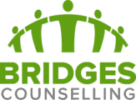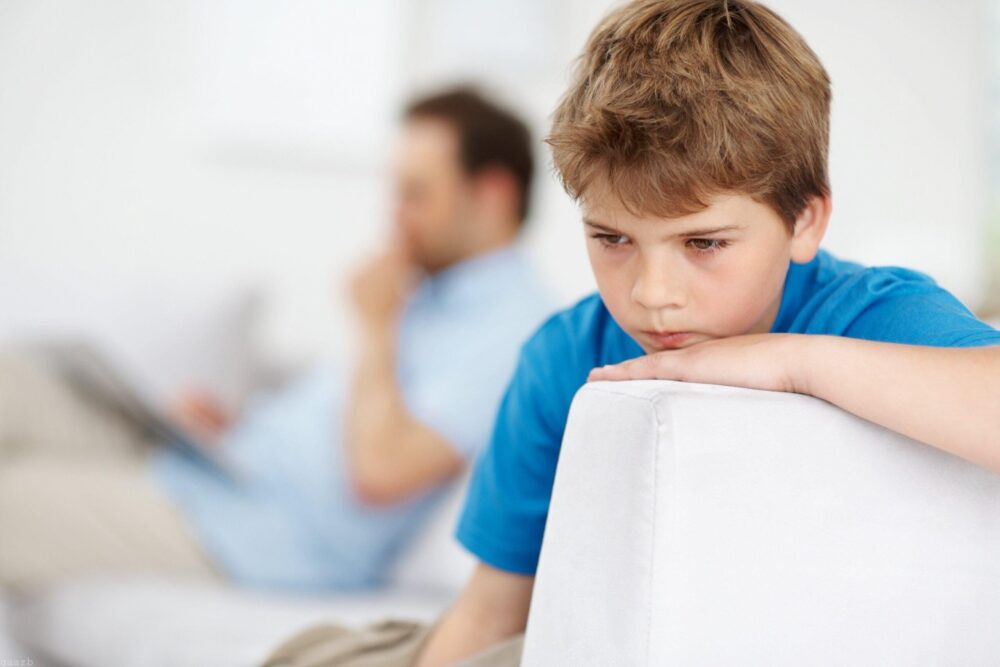You might ask the question, we’re here to talk about my issues, why do you want to know about my children?
Essentially, when it comes to counselling, all aspects of life can be contributing to your current level of functioning. All parts of your personal life may need some air time at some stage or another. During an initial appointment, our counsellors and psychologists often take a detailed summary of your current situation. Also, some history and some extra details such as home life, who’s at home, your partner’s name, children and ages for example. It helps to get a clear picture of what your world is like.
This is just part of the process.
We will then inform you of our ethical guidelines that we work within. One such guideline that we are bound by, is to report any known cases of child abuse of neglect. We will inform you of this upfront, so if the need arises we can discuss our concerns with you, and inform you of our plan.
Children are vulnerable, and need adults to be safe people, who will protect them, and nurture them so they can reach their potential. This is an important part of our role here at Bridges counselling. If you have any concerns for your children, please feel free to discuss this with your counsellor or psychologist.
What is Child Abuse and Neglect?
In NSW, When it comes to abuse and neglect, we are bound by the definitions that The Department of Family and Community Services (FaCS) outlines. Which defines a mandatory obligation to protect children under the age of 16 years and young people between 16-18 years of age and lists these concerns into 4 main categories:
- Neglect- not providing a child with the basics they need in life such a food, clothing, shelter, medical care or supervision.
- Sexual Abuse- Involving a child or young person in a sexual activity.
- Physical Abuse- injuries to a child caused by a parent, caregiver or other adult.
- Emotional or Psychological Abuse- any behaviour from a parent of adult which affects a child’s self-esteem, emotional wellbeing or psychological health. For example, excessive criticism, or yelling.
FaCS outlines detailed examples of these four domains and this is what governs our decision making around suspected child abuse or neglect (http://www.community.nsw.gov.au/preventing-child-abuse-and-neglect/what-is-child-abuse/signs-of-abuse).
Referrals from FaCS:
From time to time we receive referrals from FaCS in relation to a child protection matter, or we receive phone calls from clients who have been advised by a FaCS caseworker to seek counselling support for themselves or their children.
We have counsellors and psychologists equipped to field these enquiries and provide a professional service to help to alleviate the risk of child abuse or neglect in your family. During these times, we will be asking for some detail around what FaCS is concerned about so that we can tailor our services accordingly.
We will then work with you to explore the situation, and provide education and support around reducing the risk of harm for your children in the future.
Do I have a choice in working on these issues?
Yes, Bridges Counselling highly values autonomy and self-determination for clients, which means there will always be choice for you. However, depending on the circumstances, we may be subpoenaed to provide information about your families progress in developing safety for the children. Or we may contract with you to provide a summary back to FaCS, it is important for you to know that this information may be shared, and ultimately, we do not have a say in what the decided outcomes are for you and your children.
My child has been involved in a case of abuse or neglect, can you help?
Yes, by providing child focused grief and trauma counselling, your child and your family can get the support you need in these times. There are some positive outcomes that can be achieved in this way. Children can gain back a sense of security and safety, they can process their experiences and develop some strategies to help them be resilient an safe in their world.
I am now an adult, but was a victim of abuse or neglect as a child, can you help?
Yes, sometimes talking about your experiences will help you to gain insight into your experiences, there may still be a means to report this information if you wish to do so. In certain cases, we still hold a duty of care to report cases of childhood abuse if there is need to do so. For example the abuser is still having contact with children, and there is concern that they are repeating their behaviour.
This is not the easiest topic to talk about, but if you have any questions or would like to discuss options for seeking support, please feel free to call our intake line and discuss your concerns further.







